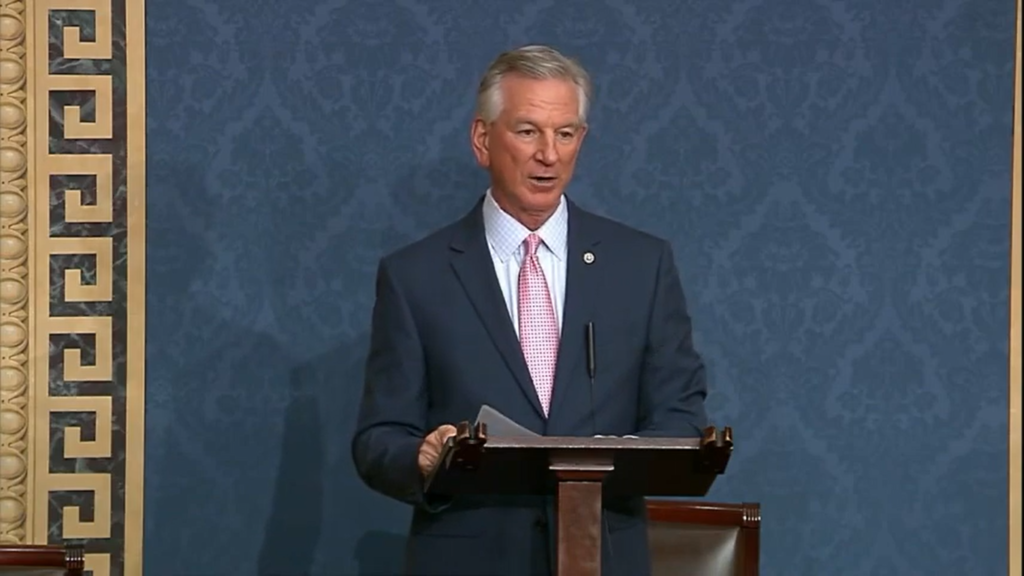The state of Alabama has long suffered in the nationwide battle against the devastating opioid epidemic. Community leaders, elected officials and medical professionals have joined the fight to address the issue.
According to a new report, newly-implemented measures have proven successful in combating the state’s opioid-related deaths.
The American Medical Association on Tuesday issued a report that shows since 2011, Alabama physicians have reduced the number of opioid prescriptions in the state by 38%. This marks the seventh consecutive year the number of opioid prescriptions in the Yellowhammer State has dropped.
The report also shows that safer dosages of opioids are being prescribed. The Morphine Milligram Equivalent of prescriptions, which is an opioid’s dosage equivalency to morphine and gauges its overdose potential, fell by 47% in Alabama since 2011.
While opioid prescriptions have decreased in the past decade, deaths continue to rise. It’s time to change course. Read our 2021 report on physicians’ actions to help end the nation’s drug-related overdose & death epidemic—and what still needs to be done. https://t.co/9H8NurXWfZ
— AMA (@AmerMedicalAssn) September 21, 2021
Alabama Medical Association president Dr. Aruna Arora hailed the collaborative effort of state leadership to address this fatal issue.
“These positive developments did not happen by accident,” said Arora. “Thanks to work and leadership from Alabama’s physicians, Governor Ivey and legislators, Alabama is on the right track in decreasing the number and potency of opioid prescriptions.”
Arora cited several contributing factors to the state’s drop in opioid prescriptions. She says education, drug monitoring and stronger laws have all played a positive role in the effort.
The Alabama Medical Association says it was one of the first state medical associations in the country to offer an opioid prescribing education course, which has reached more than 8,000 prescribers since 2009. More than 9,450 hours of continuing education courses have been completed by Alabama physicians since 2011. The training resources include those devoted to opioid prescribing as well as substance abuse disorder treatment and pain management.
Physicians and other health care professionals accessed the state’s Prescription Drug Monitoring Program (PDMP) over five million times in 2020. The association says this is an increase of 20% from 2019 and more than 63% since 2018.
Health care providers who dispense opioids in Alabama must report the prescription information to the PDMP, which assists physicians in detecting the abuse and misuse of prescription medications. The program was reformed in 2019 to encourage more use by the state’s prescribers.
The Alabama Medical Association points to new laws that have been passed by the legislature which aim to combat prescription drug abuse and drug diversion as being a positive step in the fight. The state passed legislation cracking down on so-called “doctor shopping” and also strengthened the regulation of pain management clinics to prevent fly-by-night facilities from operating in Alabama.
However, like nearly every other state in the nation, Alabama continues to see increases in overdose deaths mainly due to illicit fentanyl, fentanyl analogs, methamphetamine and cocaine, according to the U.S. Centers for Disease Control and Prevention. The medical association says overdose deaths in Alabama are now more likely to be caused by illicit drugs rather than opioid prescriptions.
Dylan Smith is a staff writer for Yellowhammer News. You can follow him on Twitter @DylanSmithAL












